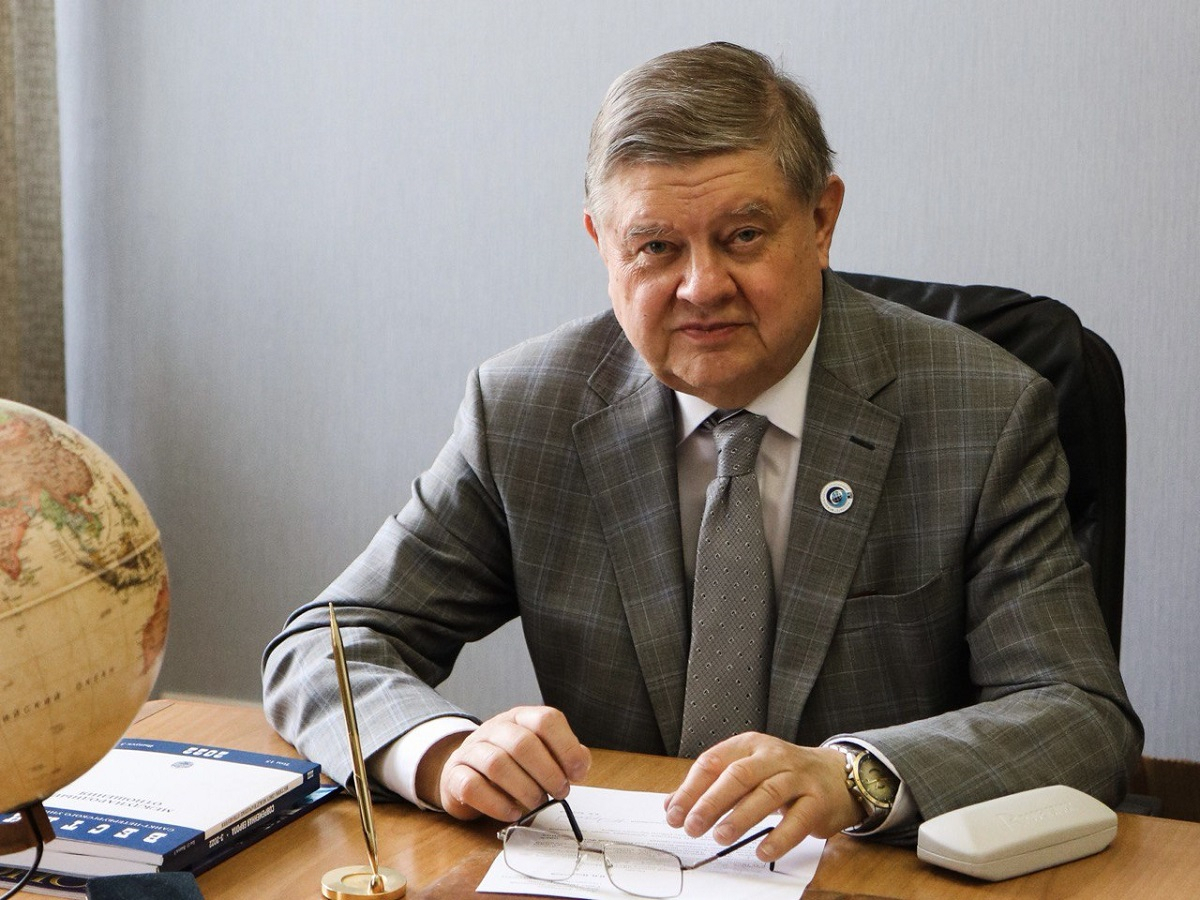St Petersburg University Professor Konstantin Khudoley: "The 80th anniversary of the Victory in World War II is a momentous event not only for Russia, but for the whole world"

The global order is currently experiencing a major transformation, where geopolitical shifts, technological advancements and global challenges dictate the new rules of international engagement. The old system is fading into history, while the outlines of a new one are just starting to take shape. Konstantin Khudoley, Doctor of History, Professor at the School of International Relations at St Petersburg University, explores the key trends that will influence the development of international relations in the near future.
In your article "Time of uncertainty, hopes and worries", you describe the current state of international relations using the term "uncertainty". Which areas of research do you consider most important for understanding today’s international processes?
Uncertainty in the development of international relations is manifested primarily in the presence of several conflicting trends. It is challenging to predict which trends will dominate or if new ones will emerge. Forecasting the development of specific events, crises, or negotiations is equally difficult. From an academic perspective, the most relevant areas of study appear to be the following: the impact of artificial intelligence on global development and international relations, which requires collaboration between scholars in the humanities and natural sciences and analysing the ongoing processes of the old world order’s collapse and the formation of a new system of international relations. Unlike the aftermath of the two world wars, which led to complete overhauls of international systems, a similarly radical breakdown is less likely today. Elements of the old system will persist for some time. Most importantly however, the slow emergence of new elements is causing a crisis in international organisations, violations of international treaties, and the rise of conflicts.
It is essential that we analyse Russia’s position in the current global landscape. By identifying development trends that are most advantageous for our country, we can provide recommendations for policy-makers and practitioners.
2025 marks the 80th anniversary of the Victory in World War II and the defeat of Nazism. Could you please tell us about the differences in political leaders’ rhetoric regarding this event? Additionally, how should the academic community uphold historical truth in the face of current global challenges?
The 80th anniversary of the Victory in World War II is a momentous event not only for Russia, but for the whole world; and a political struggle is already underway regarding its commemoration. It is no secret that some countries, both in the West and the East, have been downplaying the contribution of the Russian people to the defeat of fascism. No doubt, this trend must be addressed and countered. At the same time, it is crucial that we recognise the importance of cooperation within the anti-Hitler coalition, which united different nations around a common goal. While that experience may not be replicated today, some aspects remain relevant. It is for a reason that in my commentary I highlighted the similarities between Donald Trump’s and Winston Churchill’s approaches to our country to illustrate this point.
Regarding your paper "Sharp turns and continuity in Donald Trump’s policy", could you please elaborate on whether Donald Trump’s actions can be considered unpredictable? And will elements of continuity in American foreign policy persist despite changes in administrations?
Donald Trump is undoubtedly an unconventional figure, distinct from most other American presidents due to his unique life experience. Before his first term, he had no public service background, had never been elected to office, and was deeply involved in business. This background explains many of his actions, both during his first term and the current presidency. Trump is definitely capable of taking unexpected steps; and it is obvious that sometimes his intentions are to gauge the reaction of the public, American and foreign politicians, and in some cases — to pressure negotiating partners. It is important to note, however, that he has consistently followed through on his election promises.
Donald Trump aims to make significant changes in the United States. However, the USA is a large and complex entity, making it challenging to implement sweeping changes all at once. Therefore, elements of continuity will likely remain.
What do you consider the most positive trend in current international relations?
In my opinion, the most positive trend is the continued development of BRICS. Last year, the Russian Federation effectively utilised its chairmanship to promote its vision for global development and to strengthen international ties. This demonstrated the failure of attempts by unfriendly countries to isolate Russia on the global stage. BRICS has been steadily gaining influence and attracting new members. The Kazan summit highlighted that the cooperative approach, where interested countries collaborate on shared issues despite civilisational differences, differences in political and socio-economic systems, religious and cultural distinctions, is more suited to today’s realities than the rigid bloc discipline of the Cold War era.

